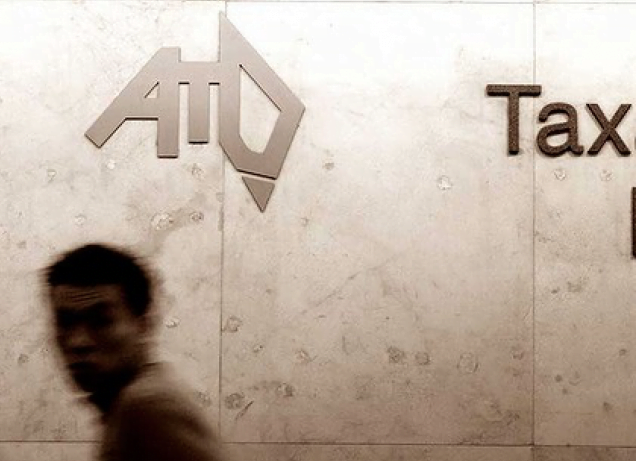Last week we packed up and headed south of the boarder to chilly Melbourne for Xerocon 2015. We joined other accountants and finance professionals to hear about (among other things) loads of exciting announcements across the two day event. Overall, Xero in 2015 and beyond is headed for an even more seamless and efficient platform. They truly have the business … Read More
Buying a business? Here’s how to reduce your risk
Are you thinking of buying an existing business? Before you pop your celebratory champagne, remember that buying an established business is a big commitment of time, money and energy. Buying a business and reducing the risk Averting the risk when buying an exiting business is essential to the success of your purchase. Check the following things to reduce the risk … Read More
Exit Strategy: How to successfully exit your business
An entrepreneur lives for the struggle of launching their business. But an often forgotten fact is; decisions made in the beginning can have implications well into the future of the business. As it turns out, once you build the business and your fortune, you need an exit strategy to get the money back out. As accountants we like to … Read More
Location, location, location: Tips to manage multiple business locations
You started your business a few years ago and the hard work has paid off. Business has boomed, and you’ve expanded. But suddenly you’ve found yourself juggling multiple locations and a large team of people. It can seem overwhelming. But with the right strategy, you can successfully manage multiple business locations. Tips to manage multiple business locations Systems run businesses, … Read More
Top 5 Tax Considerations for Small Business in 2015
We’re coming to our most favourite time of year! Tax time! (Not really, but as accountants most people generally assume we’re pedal to the metal). But at 542 it’s pretty much business as usual. We’ve been discussing tax planning with our clients over the past 12 months. Sure, we’ll give them a gentle reminder to pay super contributions before 30 … Read More
Growing your investment portfolio with an SMSF
Super and more specifically Self Managed Super Funds are complicated and always changing. At the moment we’re hearing a lot of industry chatter around leveraging super savings to invest or buy property. SMSF borrowing arrangements and investment rules and regulations are complex. Before jumping in, 542 Partners recommend seeking financial, tax and/or legal advice to ensure any investment strategy is … Read More
Staff Status: Contractors vs. Employees
The status of your staff is an important distinction. Whether they are employees or independent contractors, both have consequences for the worker and the business owner. An employee can seem to be set up in the workplace in a similar way to a contractor, but generally employees are supplied with all they need to do their job, don’t make … Read More
The Basics of Inventory Management Streamlining
has come a long way in recent years. It is no longer necessary to spend long hours filling in excel spreadsheets and manually counting parts and products. For any business operating from even a modest inventory, getting the basics right can enable better efficiency from the warehouse to the sales floor and generate better and more sustainable profits and forecasting. … Read More
BUDGET 2015/16: The ‘Have A Go’ Budget
As the Treasurer foreshadowed, this is a highly targeted budget with most spending measures targeting productivity gains. Highlights included: Tax rate for small businesses (under $2m turnover) cut to 28.5%. Franking credits still deemed to be 30%! 5% discount (paid as a tax offset capped at $1,000 per person) for individuals who receive business income as sole trader/partnership/trust. $20k asset … Read More
Shipping, trade and logistics: What you need to know about GST
Did you know the Australian Taxation Office (ATO) operates a scheme that allows importers to defer GST on imported goods? Before you get too excited The Deferred GST Scheme covers GST only. It doesn’t impact customs duty, which must still be paid at the time of importation. What this means for businesses is that rather than having to incur the … Read More










